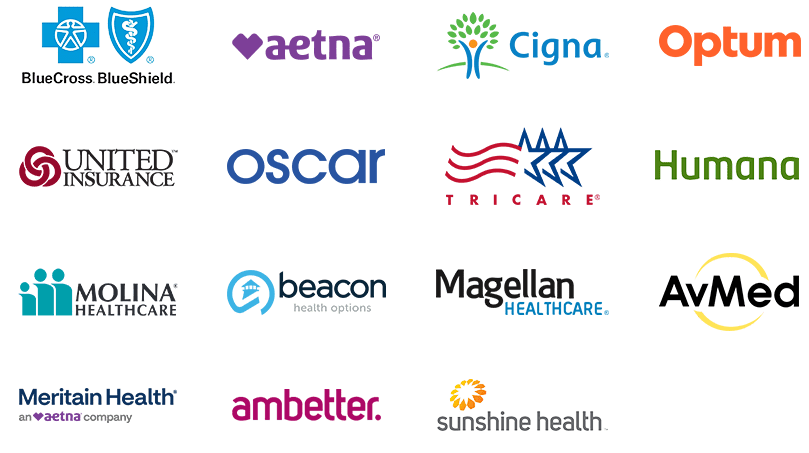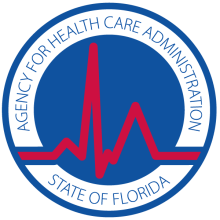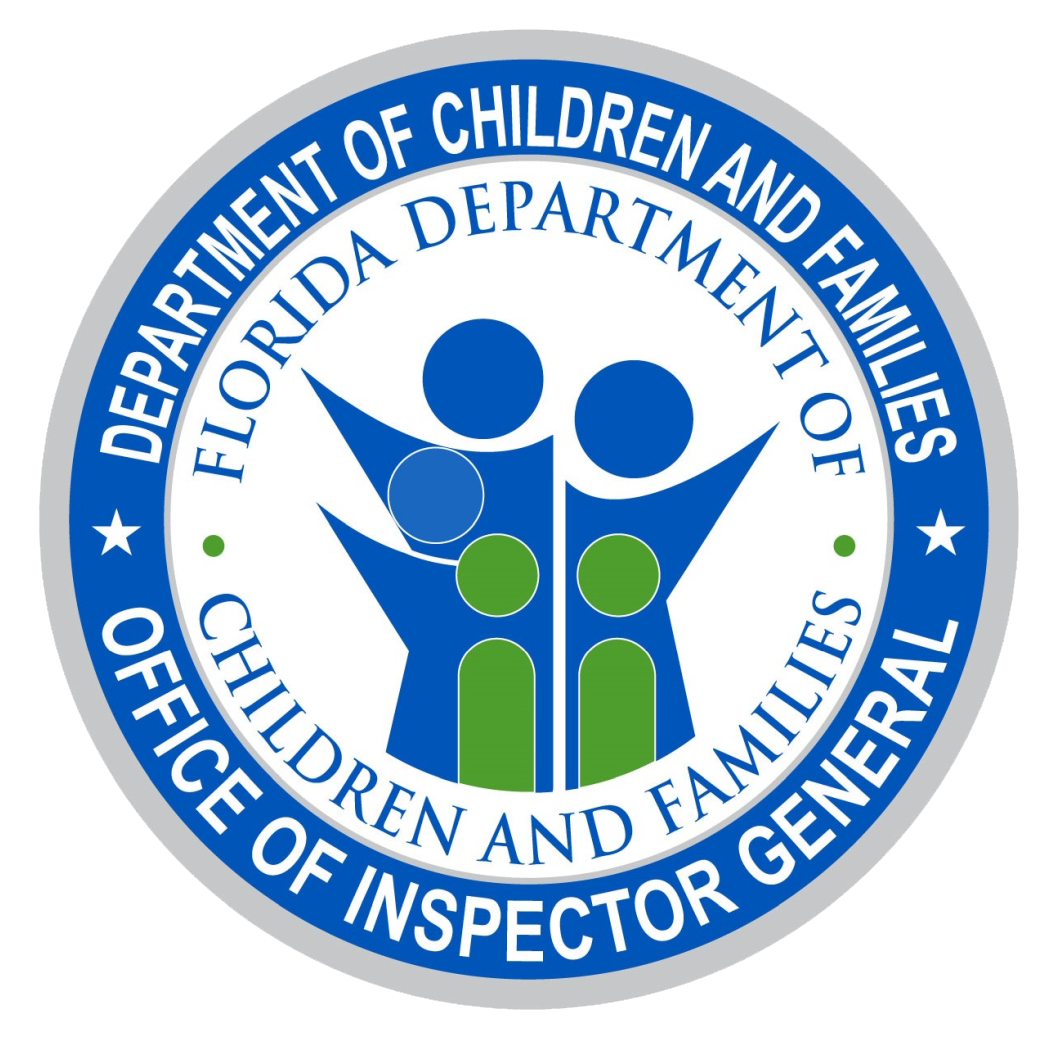CRACK/COCAINE ADDICTION
TREATMENT GUIDE
While there are many mind-altering substances that are prone to abuse, cocaine continues to be among the most common and popular. As a stimulant, cocaine — and its derivative freebase form called crack cocaine — is extremely dangerous. When individuals are suffering from cocaine addiction or looking to quit smoking crack, a high-quality cocaine treatment program is often necessary.
Principles Recovery Center is a premiere crack cocaine rehab located in South Florida. If you or someone you love is in need of crack cocaine treatment, consider choosing our cocaine rehab program for your recovery needs.
We Offer Lifetime Aftercare Services. When You Need Us, We’re There.
WHAT IS COCAINE? IS CRACK COCAINE DIFFERENT?
Cocaine is a powerfully addictive stimulant drug made from the leaves of the coca plant, which, itself, is indigenous to South America. For thousands of years, the indigenous South American peoples have chewed the leaves of the coca plant, using it as a source of energy and increased alertness — similar to how Americans drink coffee in the mornings.
Roughly 100 years ago, a substance called cocaine hydrochloride — simply referred to as cocaine — was isolated from the leaves of the coca plant. Initially, cocaine was a common ingredient in various tonics and elixirs, allegedly offering health benefits to those who consumed it. For a time, it was even an ingredient in the popular soda Coca-Cola, hence the beverage’s name. Beyond recreational consumption, there were also periods during which cocaine was used as a local anesthetic for surgical procedures; however, once more effective local anesthetics were developed, the use of cocaine in surgical settings was effectively discontinued. Today, the substance is virtually never used in medical situations.
Over time, we came to realize that cocaine use can produce short-term euphoria, an increase in energy, and a marked increase in one’s talkativeness. Most importantly, cocaine came to be associated with potentially dangerous physical effects, including an elevated heart rate and blood pressure. For this reason, cocaine is classified as a stimulant drug and has also been classified as a Schedule II drug by the United States F.D.A.
It’s worth noting, though, that the side effects of cocaine depend on the method of taking it. The most common route of administering cocaine — insufflating, or inhaling through the nose — has been connected to such effects as the loss of one’s sense of smell, chronic nosebleeds, difficulty swallowing, frequent hoarseness, and a continuously runny nose. When cocaine is ingested orally by mouth, its use can cause severe bowel gangrene, which is a direct result of reduced blood flow. Finally, injecting cocaine directly into the bloodstream can bring about severe allergic reactions and increased risk for contracting HIV, hepatitis C, and other blood-borne diseases.

Request a Confidential
Callback 24/7
MEDICAL DETOXIFICATION
IS NECESSARY
It serves as an initial primer for the remainder of the individual’s treatment process. If a patient were to simply skip the detoxification phase of the recovery and go straight into clinical treatment, it’s quite likely that he or she would be experiencing or suffering from withdrawal symptoms and immediately leave treatment and seek comfort in their drug of choice. Although the severity of withdrawal symptoms can vary from one person to the net, the majority of individuals who are suffering from withdrawal would have extreme difficulty participating in treatment even if they stayed. With certain substances like alcohol and benzos posing potentially fatal withdrawal symptoms, detoxification is a must in order to effectively produce the best treatment outcome.
Principles Recovery Center is With You for Life.
WHAT ARE THE TYPICAL SIGNS OF COCAINE/CRACK ABUSE?
As with most mind-altering substances, the euphoric effects of cocaine are accompanied by a number of adverse effects, some of which we outlined above. However, most individuals who are suffering from a cocaine problem will make every attempt to hide their cocaine dependence from others. For this reason, it’s important to be aware of some of the signs of cocaine abuse and addiction.
Some of the hallmark signs of cocaine use include exceedingly high energy levels. Individuals using cocaine often seem to have so much energy and might be continuously looking for opportunities to expend some of it, giving the impression of being hyperactive. Additionally, cocaine users tend to talk excessively. They may even sweat profusely due to the increase in heart rate, blood pressure and overall body temperature.
But there are psychological effects from cocaine use, too. Binge-patterned cocaine use may lead to irritability, restlessness, and anxiety. Cocaine abusers can also experience severe paranoia (characterized as a temporary state of full-blown paranoid psychosis) in which they lose touch with reality and experience auditory hallucinations.
Cocaine is even more dangerous when combined with other drugs or alcohol, which is referred to as poly-drug use. For example, the combination of cocaine and heroin (colloquially referred to by drug users as a “speedball”) carries a particularly high risk of fatal overdose. Our team is highly experienced in dealing with crack cocaine addiction and has a number of practices to help clients overcome this addiction. Principles Recovery Center is firm in our belief that every individual’s treatment plan is different which is why we encourage you to reach out and learn how we can help you today!
Never Be Alone Again
Come Join Our Recovery Family
How We Help Set You Up for Success!
WHAT TREATMENT OPTIONS ARE AVAILABLE FOR COCAINE/CRACK ADDICTION?
Every individual who needs or seeks treatment for cocaine addiction has unique recovery needs. Thus, the cocaine addiction recovery journey of one individual won’t be the same as the recovery journey of other individuals. As such, Principles Recovery Center offers a selection of high-quality cocaine rehab programs, each of which has been specially designed to appeal to a specific set of recovery needs. Additionally, it’s important to remember that many of our programs are utilized in succession with each program serving as a piece to the overall recovery puzzle.
Though not typically a requirement, some individuals suffering from cocaine or crack cocaine addiction may begin the recovery process with detoxification treatment. Typically, detox treatment is reserved for alcoholism, opioid addiction, and nicotine addiction, but patients suffering from severe or long-term cocaine addiction may find some value in completing detoxification prior to beginning treatment.
For most individuals, the road to cocaine addiction recovery begins with an addiction treatment program. There are a few different options here when it comes to treatment. Specifically, patients enrolling in treatment for cocaine addiction may choose either inpatient care or outpatient care. Regarding the latter, there are actually three different types of outpatient treatment that are available: Partial hospitalization, intensive outpatient, and standard outpatient treatment.
With each type of cocaine addiction treatment program, the curriculum consists largely of group therapy as well as some individual or one-on-one counseling. For those who deem it necessary, there can also be some supplemental or holistic treatments. Once the treatment program has been completed, many patients will proceed with aftercare, which can consist of continuing psychotherapy, support groups like twelve-step programs, transitional or sober living programs, and/or even career and personal development support.
Insurance Can Help Cover
the Cost of Treatment at PRC.

WE’VE GOT
YOU COVERED!
Insurance coverage for treatment is within reach. We are in-network with most insurance carriers in Florida.

Keeping You Connected to Lasting Recovery.
LET PRINCIPLES RECOVERY CENTER HELP YOU KICK CRACK/COCAINE
At Principles Recovery Center in South Florida, we treat the abuse of and addiction to cocaine and crack as well as numerous other forms of addiction and abuse, including but not limited to flakka, hallucinogens, heroin, inhalants, marijuana, MDMA, crystal meth, steroids, and many others with a particular focus on the partial hospitalization and intensive outpatient levels of care.
For any questions, we urge you to give Principles Recovery Center a call toll-free at 1-866-709-7938. As everyone is different with unique needs and situations, we are always happy to discuss your unique needs and background.
If we are, for any reason, unable to provide the particular services you need, Principles Recovery Center can offer referrals and placement with one of numerous trusted drug rehabs in Miami, Fort Lauderdale, West Palm Beach, as well as throughout the country, including such states as New Hampshire, Massachusetts, Maine, New York, New Jersey, Ohio, Illinois, Tennessee, Pennsylvania, and a growing number of others.
CREDENTIAL HIGHLIGHTS



